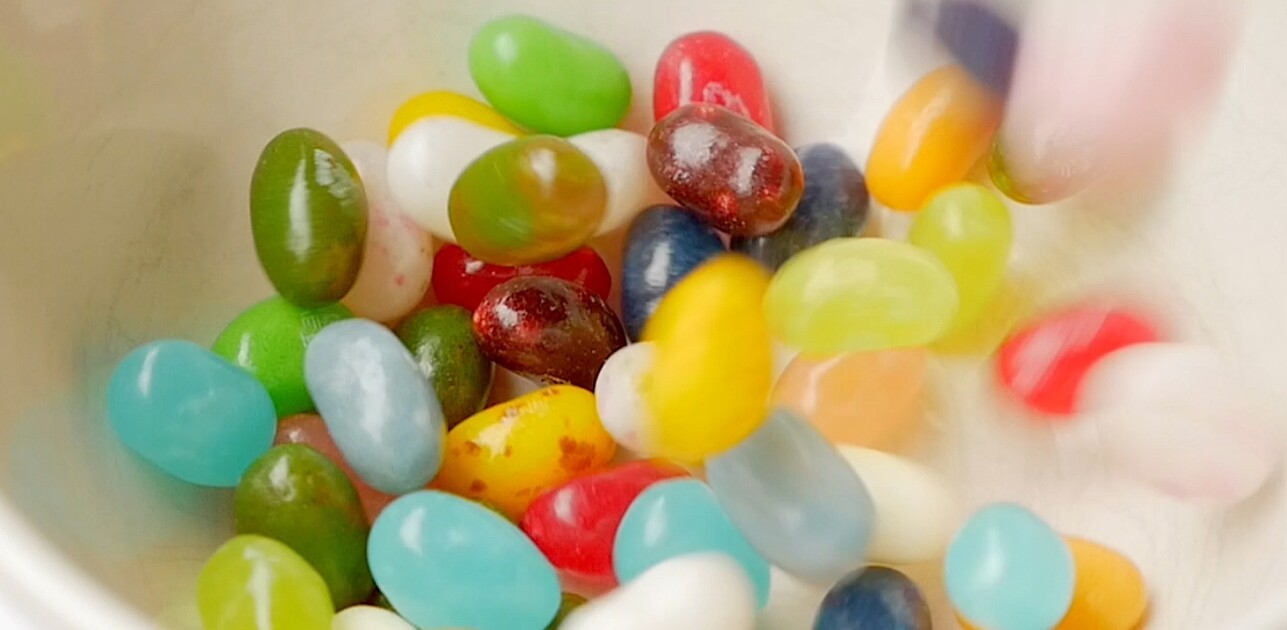

Aerticle: Tuesday, 5 April 2016
Starting a restaurant is definitely not a ‘get rich quick’ strategy – up to half of all new restaurants fail within their first five years, even in normal times when restaurants aren’t obliged to close their doors because of Covid-19. So being able to predict if a restaurant business will fail is of tremendous importance. Researchers Dr Markus Weinmann from Rotterdam School of Management, Erasmus University (RSM), Christof Naumzik from ETH Zurich and Prof. Stefan Feueriegel from LMU Munich School of Management used online customer ratings to predict a restaurant’s likelihood of failure. Their prediction tool can predict 7 out of 10 failures, even months ahead.
In a series of experiments the researchers presented tempting but unhealthy snacks to volunteers and measured what worked best for reducing desire and consumption. They found that to deny strong cravings for snacks is not very effective. In fact, even if the volunteers succeeded in restraining themselves for a while, they would eat more later on.
But if volunteers were asked to tell themselves they could have the tempting snacks ‘some other time’, the desire for it diminished, as did their consumption of it. For example, in one experiment, people who postponed their cravings indefinitely ate less than half the amount of chocolate candies eaten by people who tried to restrain themselves. This positive effect lasted at least a week, the researchers found.
Free will turns out to be important: those who were forced to postpone their temptation to ‘some other time’ were still tucking into the unhealthy snack, their diaries revealed. But people who merely received the suggestion to postpone eating the unhealthy food demonstrated that the strategy is effective for taming desire and reducing consumption.
The researchers say their results support the idea that people’s behaviours serve as clues about their preferences. In this case, when choosing to follow the suggestion to have the tempting snack ‘some other time’, most people came to believe they didn’t care so much about the temptation. In other words, their psyche is taught a lesson: “If I don’t eat that chocolate now, I guess I am not very fond of chocolate.”
This is why choosing a specific later time to eat the chocolate is also ineffective in reducing the desire, Mead and Patrick found. Just as setting a date for a vacation will only trigger pleasurable anticipation and daydreaming, picking a specific time in the future to eat a tempting food only serves to keep the thought alive in the subject’s mind – and their attention focused on the food. Indefinite postponement diverts the attention away from the desired snack and lets people carry on with a normal life.
Although this research focused on desire for unhealthy food, the researchers say their results may be helpful in other situations when people try to resist doing something they don’t want to do, like smoking, getting angry, or impulsive shopping. In these cases, traditional methods of goal-setting and use of willpower only serve to keep the attention on what it desires most.
Schulich School of Business

The taming of desire: Unspecific postponement reduces desire for and consumption of postponed temptations. Mead, Nicole L.; Patrick, Vanessa M. Journal of Personality and Social Psychology, Vol 110(1), Jan 2016, 20-35.


Science Communication and Media Officer
Rotterdam School of Management, Erasmus University (RSM) is one of Europe’s top-ranked business schools. RSM provides ground-breaking research and education furthering excellence in all aspects of management and is based in the international port city of Rotterdam – a vital nexus of business, logistics and trade. RSM’s primary focus is on developing business leaders with international careers who can become a force for positive change by carrying their innovative mindset into a sustainable future. Our first-class range of bachelor, master, MBA, PhD and executive programmes encourage them to become to become critical, creative, caring and collaborative thinkers and doers.
